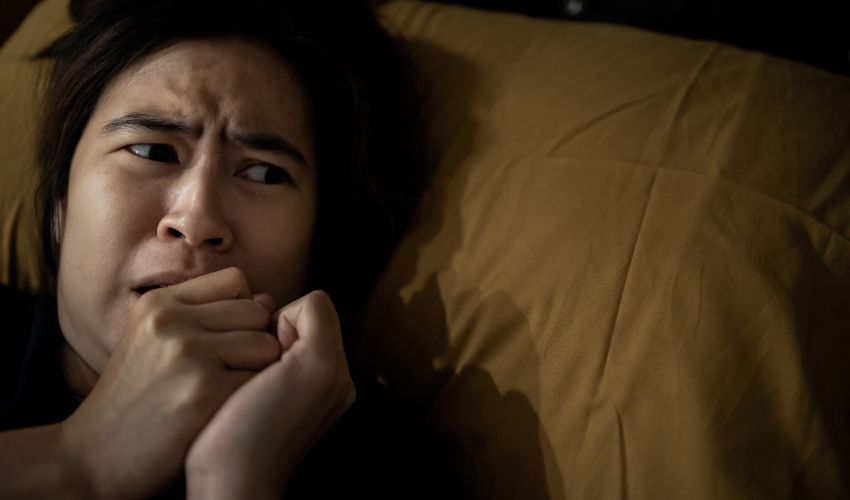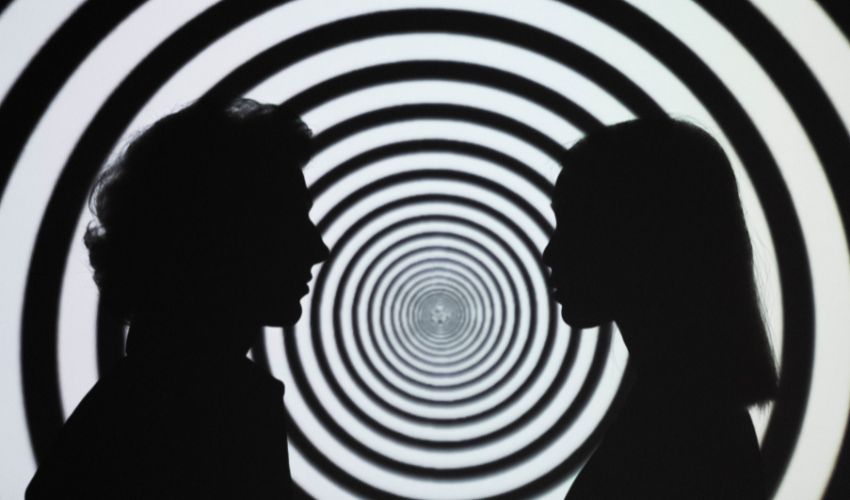Hallucinations are a sensory perception that feels real to the person experiencing them but is not based on any actual external stimuli. They can occur in any of the senses, including sight, sound, touch, taste, and smell. While hallucinations are commonly associated with mental health conditions such as schizophrenia, they can also occur due to physical health conditions, substance abuse, and certain medications.
In this article, we’ll explore the fascinating world of hallucinations, including their causes, types, and treatment options.
Types of Hallucinations:
There are several types of hallucinations, including:
- Visual Hallucinations: Seeing things that aren’t there, such as people, animals, or objects.
- Auditory Hallucinations: Hearing sounds or voices that aren’t there.
- Olfactory Hallucinations: Smelling things that aren’t there.
- Gustatory Hallucinations: Tasting things that aren’t there.
- Tactile Hallucinations: Feeling things that aren’t there, such as bugs crawling on your skin.

Causes of Hallucinations:
There are various causes of hallucinations, including:
- Mental Health Conditions: Hallucinations are commonly associated with mental health conditions such as schizophrenia, bipolar disorder, and depression.
- Substance Abuse: Using drugs or alcohol can cause hallucinations, especially when used in large quantities.
- Sleep Deprivation: Lack of sleep can cause hallucinations, especially when combined with stress.
- Medications: Certain medications can cause hallucinations as a side effect, such as antihistamines and steroids.
- Neurological Conditions: Certain neurological conditions, such as Parkinson’s disease and dementia, can cause hallucinations.
Treatment of Hallucinations:
The treatment of hallucinations depends on the underlying cause. For example:
- Mental Health Conditions: Antipsychotic medications and psychotherapy are commonly used to treat hallucinations associated with mental health conditions.
- Substance Abuse: Treatment for substance abuse can include detoxification, behavioral therapy, and support groups.
- Sleep Deprivation: Improving sleep hygiene and reducing stress can help reduce the occurrence of hallucinations due to sleep deprivation.
- Medications: Changing medications or adjusting dosage can help reduce hallucinations as a side effect.
- Neurological Conditions: Treatment of underlying neurological conditions can help reduce hallucinations.

FAQs:
Can hallucinations be dangerous?
Yes, hallucinations can be dangerous, especially if they are causing the person to engage in dangerous behaviors or neglect their physical needs.
Are hallucinations always a symptom of mental illness?
No, hallucinations can occur due to various physical health conditions, substance abuse, and certain medications.
Can hallucinations be treated without medication?
Yes, hallucinations can be treated with psychotherapy, behavioral therapy, and other non-medication treatments, depending on the underlying cause.
Are hallucinations a common experience?
While hallucinations are not common, they are experienced by millions of people worldwide.
Can hallucinations go away on their own?
Hallucinations may go away on their own, but it’s important to identify and treat the underlying cause to prevent future occurrences.
Conclusion:
Hallucinations are a fascinating yet often misunderstood phenomenon that can occur due to various physical and mental health conditions. By understanding the causes and types of hallucinations, as well as the available treatment options, we can better support individuals experiencing this symptom. It’s essential to seek professional help if you or someone you know is experiencing hallucinations to ensure proper diagnosis and treatment.
Remember, hallucinations can be distressing and overwhelming for those experiencing them. It’s crucial to provide a supportive and non-judgmental environment for individuals who are going through this difficult experience.
In conclusion, by increasing awareness and understanding of hallucinations, we can help reduce the stigma associated with this symptom and provide better support for those who are experiencing it. If you or someone you know is experiencing hallucinations, don’t hesitate to seek professional help. Together, we can help individuals overcome this challenging experience and improve their overall quality of life.
If you’re concerned about yourself or someone you know experiencing hallucinations, it’s important to know that help is available. You can start by talking to a healthcare provider, who can assess the situation and recommend appropriate treatment options.
Additionally, support groups and mental health organizations can provide resources and information for individuals experiencing hallucinations and their loved ones. By seeking help and support, individuals experiencing hallucinations can manage their symptoms and improve their quality of life.
In conclusion, hallucinations are a complex and multifaceted phenomenon that can occur due to various physical and mental health conditions. While they can be distressing, there are treatment options available that can help individuals manage their symptoms and improve their overall well-being. By increasing awareness and understanding of hallucinations, we can help reduce the stigma associated with this symptom and provide better support for those who are experiencing it.






















